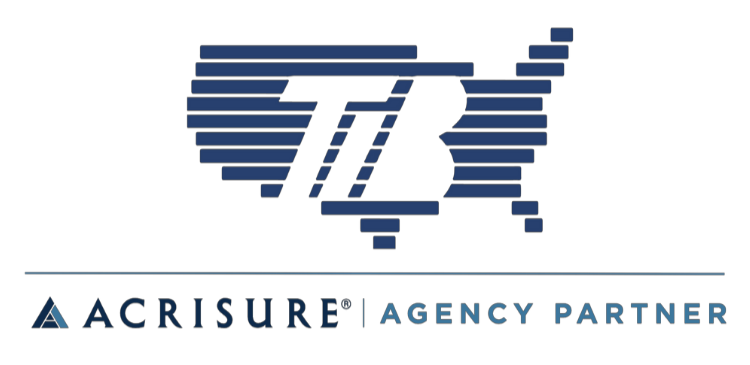Any company or business that utilizes the internet to conduct business needs cybersecurity insurance. It’s become standard practice for businesses to offer the ease of online purchases and transactions. While consumers highly enjoy this option, they also seek websites with thorough cybersecurity to know their personal information is safe. General liability insurance typically doesn’t cover most cybersecurity threats, so it’s imperative to find cybersecurity policies that fit your needs.
Common Cybersecurity Policies
Small to mid-sized companies are often more frequently targeted than larger corporations for cyber attacks. Generally, larger companies have a considerable budget that goes towards cybersecurity, so their exposure is less than small to mid-sized companies. Regardless of budget, cybersecurity should be a top priority for insurance needs.
First-Party Liability
First-party coverage helps cover expenses when systems or networks are breached, or data is stolen for all people directly involved. This part of cyber insurance is to help respond to and recover from data breaches. First-party liability covers the cost of:
- Communications with affected customers
- Providing credit monitoring
- Reputation management strategies
Third-Party Liability
Third-party coverage offers liability protection in the event the insured makes a mistake that results in a client suffering a cyberattack. This policy helps with the legal aspect caused by cyber breaches. Third-party liability covers the cost of:
- Legal defense
- Settlements
- Court costs
Technology Errors and Omissions
Also referred to as Tech E&O, this type of coverage protects against damages caused by mistakes in your products or services. Tech E&O policies often address negligence, oversights, missed deadlines, breach of contract, or property loss exposure. This is a common policy for businesses in the software field or IT. Tech E&O further covers the cost of:
- Legal defense
- Infringement of intellectual property
- Court & related costs
- Settlements
Network Business Interruption
Network and system attacks interrupt the daily operations of businesses and affect profits, especially for prolonged periods. It can take time for a business to regain control of their network, which can expose customers’ sensitive data. This liability policy covers the cost of:
- Data & network restoration
- Lost income
- Extra expenses during interruption period
Network Security
Network security insurance is also referred to as cyber liability. This policy protects your business in the event of network failure. Typical coverages are data breaches, malware, extortion, or ransomware. Cyber liability covers the cost of:
- Legal expenses
- IT forensics
- Data & identity restorations
Other Important Policy Options
The exact coverage limits and specifications depend on the insurance carrier. Some carriers encourage bundling policies to get comprehensive coverage and minimize risk. Here are a few other specialized policies to consider. These can work in conjunction with other policies.
- Crisis Measures and Emergencies
- Litigation
- Regulatory
- Communications and Notifications
- Credit Monitoring and Review
- Liability for Media Issues
- Privacy liability
Stay Safe With TIB
Cyber risks are a threat businesses of all sizes face every day. The best protection is minimizing liabilities and having network security systems in place. Along with security networks, having the right cybersecurity insurance can prevent any costly damages and get your business back on track if a cyber threat occurs. Contact TIB today to learn more about what cybersecurity policies are right for you.



